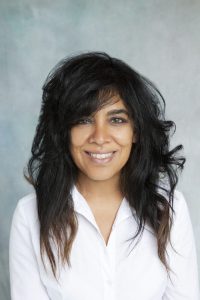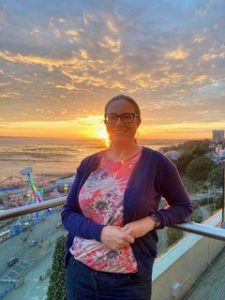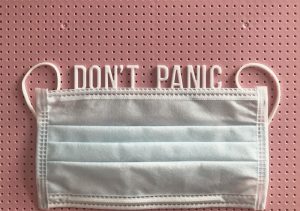
Ruth Mulryne is Director of Women’s Health Matters, a charity working to reduce health inequalities experienced by women from communities across Leeds. She was awarded one of the two bursary places this year. We spoke with her recently to find out what impact the programme was having.
What was your interest and motivation for completing the Real Leaders Programme?
To have the opportunity to apply for a bursary that would offer a year-long piece of work benefitting me, the organisation and the team was an opportunity not to be missed. These opportunities don’t come to charities our size very often.
What really interested me was the opportunity to look at it from a whole person approach as well as looking at what the organisation needs. I was also really interested in it being a peer group and learning from others in different organisations. It’s one of the few courses that makes you personalise your journey which deepens the learning. It makes you stop and analyse yourself, which is hard to do when life is busy.
What kind of things are you learning about yourself and others on the Real Leaders Programme?
Learning to slow down and reflect on how work is going Also reminding me to slow down for those that work at different paces or in different ways, has been really important and thinking about the balance between supporting people and ‘rescuing’ them. It’s been fascinating to work with a really interesting group of people from different roles and plans for life.
You’ve had two modules on the Real Leaders programme, what have been your biggest take-outs so far?
The cycle of organisations and how people react to change has been helpful to reflect back onto my organisation because we’ve been through a lot of change. I’m interested in helping organisations turn the corner. When you drive change, you have to be mindful about how that change affects others, and bring them on the journey with you. So it was useful to reflect on that.
It’s also been interesting to meet people from other organisations and seeing how we work together and start to open up as a learning group. We’ve been encouraged to go deeper, to be more challenging, to not keep it so top line. That’s the hard bit, learning to be really present and not stay at the superficial level.
What do you think of the style and design of the programme?
All of the pieces are really interesting and you can see how they fit and build on each other. There always seems to be a strong purpose behind what we do. It feels like you have to really be in it and sometimes you don’t always know where you’re going which can be a challenge.
There hasn’t been a module I’ve not found interesting. It’s great that it’s a year-long programme, it keeps you thinking and focused on the forward movement.
And is there anything which stands out about the way the programme is facilitated?
It’s certainly led by the facilitators, but they’re really good at making us take responsibility for our learning and our learning experience. That sense that you’re being ‘strategically prodded’ to think through things, and go deeper. The course is about the person as much as it is leadership. That’s where I think it’s different to other programmes.
 Tell me about your role and your organisation and what drew you to that kind of work?
Tell me about your role and your organisation and what drew you to that kind of work?
As Director, I’m ‘sandwiched’ between the staff and our board. My focus is the strategic work, governance, income generation and new opportunities and partnerships development, the latter vital for our sustainability and growth.
Our organisation is called Women’s Health Matters, and we’re based in Leeds. We work with women and girls experiencing disadvantage, including women in abusive relationships, with children in care or at risk of being removed, young mums, women seeking asylum and women with learning disabilities. The women we work with are amazing and have immense inner strength and courage. We specialise in group work, peer support and one to one support, and some outreach work enabling us to speak with women who find it more difficult to engage with services.
In my work, I need to feel connected to a cause, supporting women and women’s rights, creating opportunities for them to flourish in life.
I’ve worked in the third sector for a long time. I started my career with Marks and Spencer and did my management training there. I quickly moved into the charity sector where I’ve worked for some really large charities like NSPCC, and Mencap and medium sized ones like Missing People.
Ruth Mulryne, CEO
www.womenshealthmatters.org.uk
To find out more about our bursary and how you can apply click here









